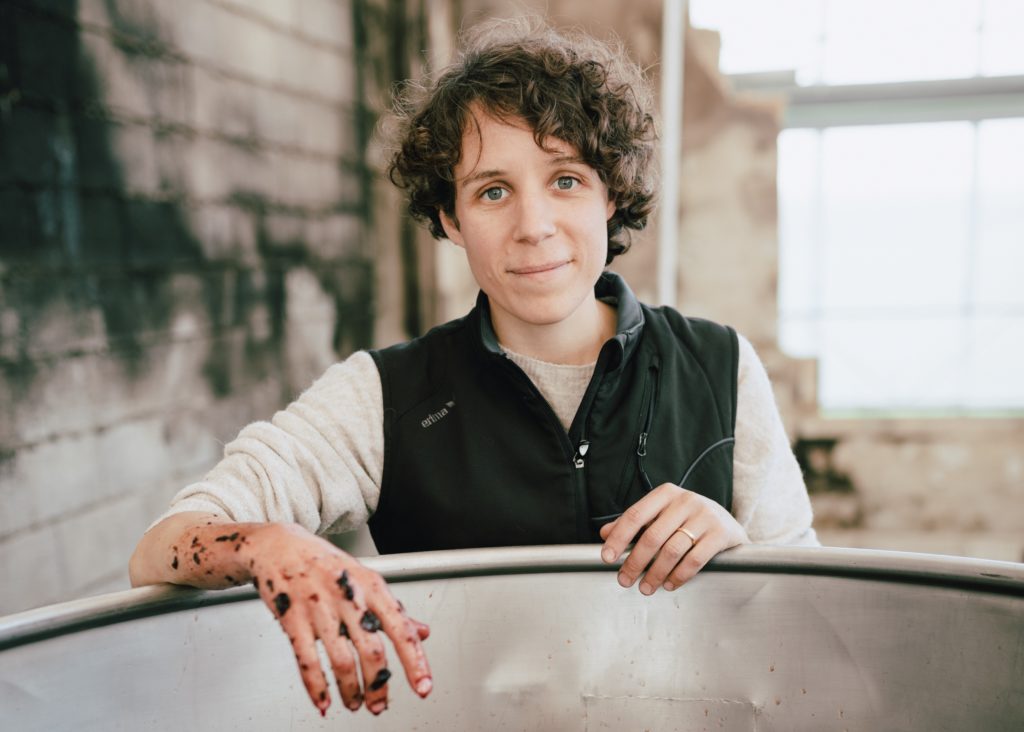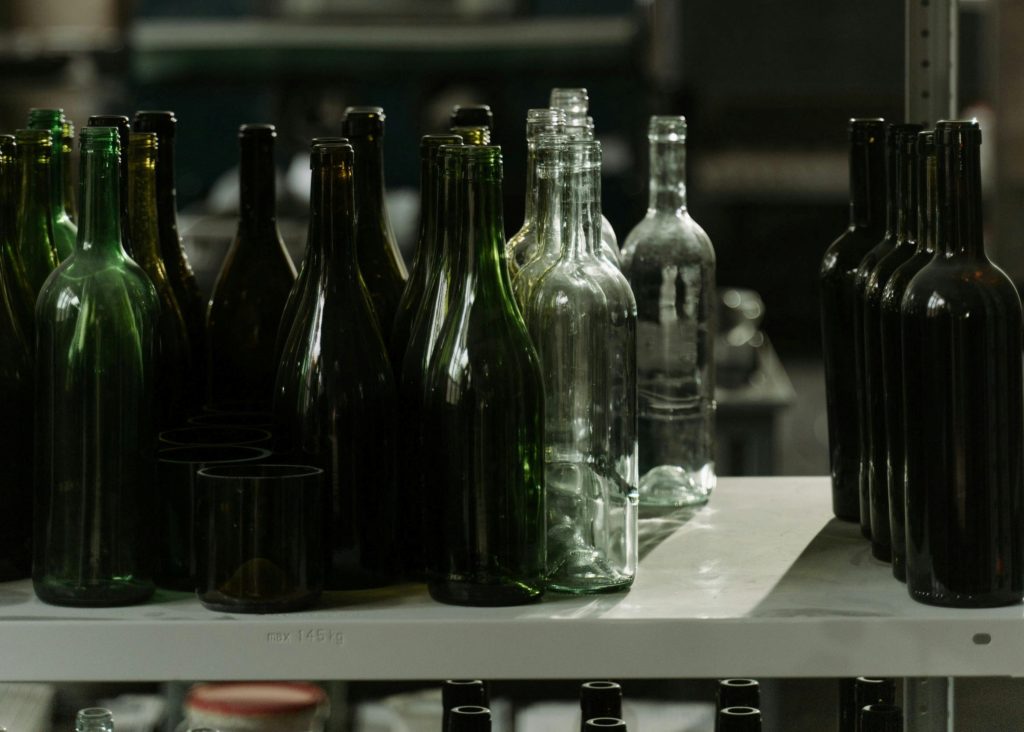Catherine Cruchon, a winemaker at Domaine Henri Cruchon in Echichens, in the canton of Vaud, is one of the initiators of the “Bottle Back” project.
Catherine Cruchon, why did you launch the “Bottle Back” project?
I want to improve the CO2 balance in the wine industry. The glass bottle is one of the main contributors to CO2 emissions—it accounts for 30 to 40% of the ecological footprint of a Swiss winery. I was motivated by the fact that this can be changed: studies show that the CO2 balance of a bottle can be reduced by up to 85% through reuse. Recycling, which is well-practiced in Switzerland, saves on materials but not on energy. Today, recycling is no longer enough—we need to move to reuse.
Are there any wine regions that serve as a model for you?
There are several wine regions around the world that are trying to introduce washable bottles. Often, these are rather regional or individual approaches. We, on the other hand, want a national collection system. Our goal is to unite Swiss winemakers in a single project.
How do you plan to achieve this?
First, consumers need to be able to return their bottles close to home. In Switzerland, only 1% of wines are exported, so the bottles stay in the country. Our short transport distances—no more than 200 km—are an advantage. Moreover, people are already used to sorting their waste: in Switzerland, over 94% of glass is recycled.

What is your biggest challenge at the moment?
To establish a collection system across Switzerland, we need to convince winemakers to all use the same bottle.
For all types of wine?
Yes, white, red, and rosé wines should all be bottled in the same bottles. For sparkling wines, I wouldn’t dare use reusable bottles. If they suffer even a tiny defect during transport or cleaning, it could be very dangerous due to the pressure.
Do you see any issues with other types of wine?
It’s clear that today, there are lighter and darker bottles, taller and smaller ones. But almost all wines are bottled in either Bordeaux or Burgundy bottles. Our goal is to offer a beautiful bottle in each of these two formats. It must be sturdy enough not to break even after 50 washes. Currently, there is an upward trend in glass bottle prices; one day it might be difficult to get enough of them. Reuse could then be a solution.
What are the other challenges?
Introducing a new collection system. For recycling, it doesn’t matter if a bottle breaks. But if it’s to be reused intact, we need to find a system that ensures the integrity of the wine bottle. In Germany, such machines exist, but they are complicated and expensive.
What are the reservations of winemakers?
It’s often about image. For a bottle to be reusable, the label must be detachable. This means the winemaker might not be able to keep exactly the same label they have today. Whenever a habit needs to be changed, it can cause insecurity. But nearly 50 winemakers have already joined the project. I hope this will encourage others to want to be part of it. After all, we can also stimulate the local economy with our project.
How does this project stimulate the local economy?
We work with Swiss companies at every stage: the wine bottles are collected, washed, transported, filled, and consumed in Switzerland.

What are the next steps?
We are finalizing the designs for the new bottles. We are also working on securing funding and looking for a project manager.
Are you optimistic about the future of reusing wine bottles in Switzerland?
We probably don’t have a choice because nature compels us. However, I don’t want to impose anything on anyone. I want the project to be so good that winemakers want to participate on their own.
How?
By offering a project that is functional, addresses winemakers’ concerns, and brings a positive image to our wines. If customers ask winemakers why they don’t use reusable bottles, and they hear it four times a day, they might decide to give it a try. Currently, this type of project seems to be well received by the public—which makes me optimistic!
Find out more about the project here.
Carmen Stalder, Swiss Wine Promotion
Photo Credits: © Catherine Cruchon/Pexels